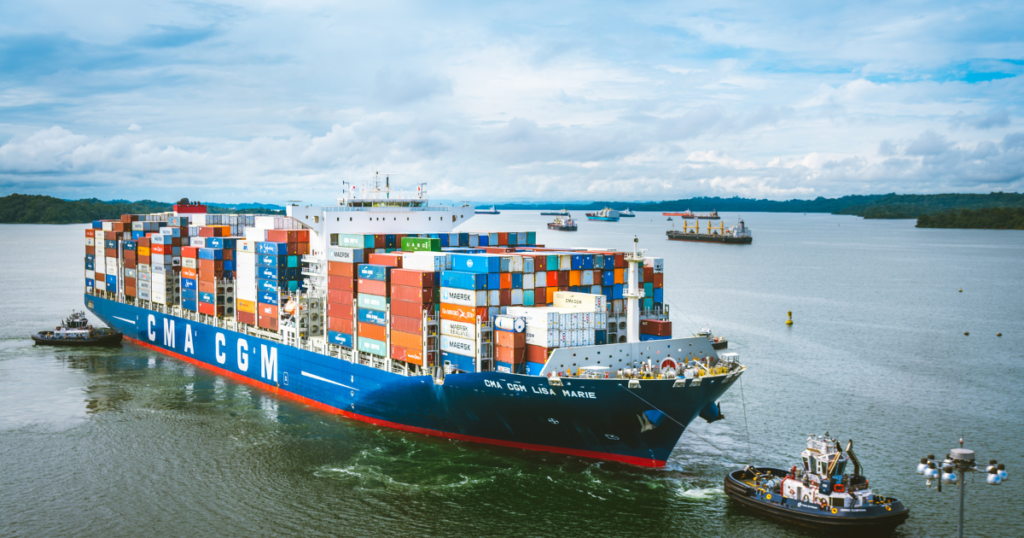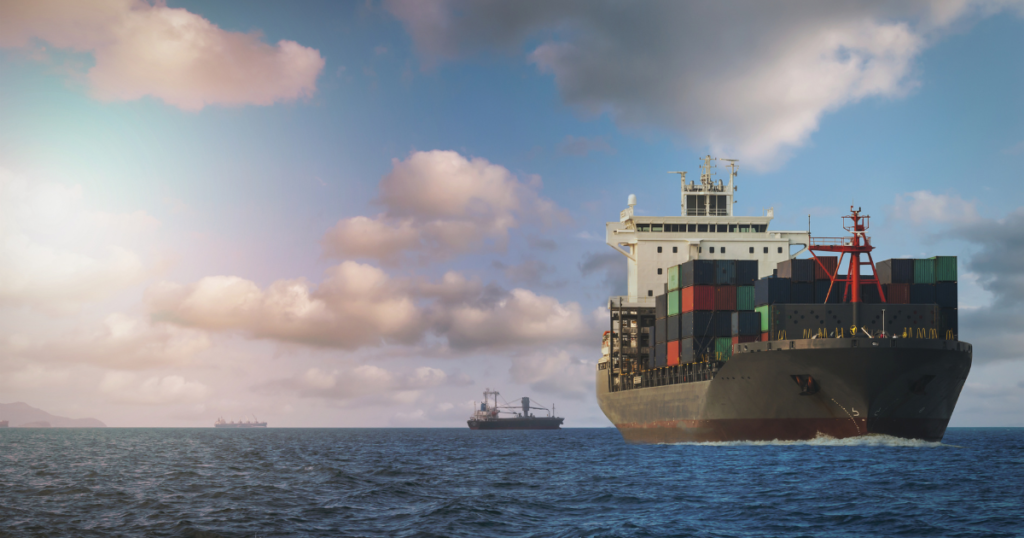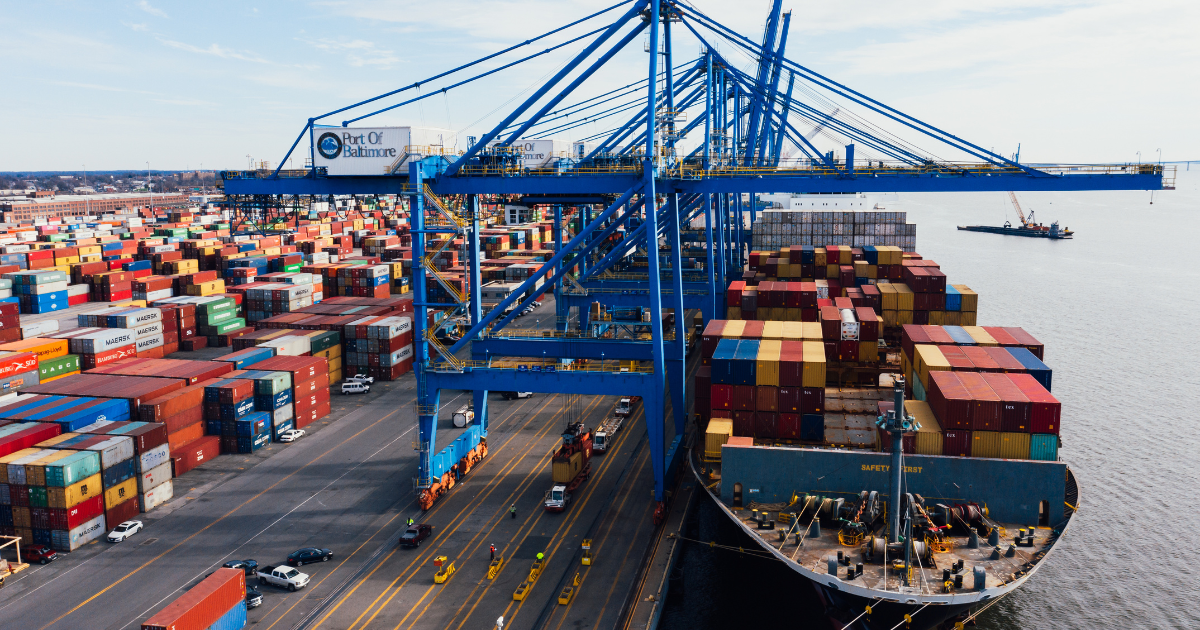Have you ever imagined pirates not in skulls and cross bones, but in military uniforms, taking control of a container ship on the Red Sea? This isn’t fiction, it’s a real-world twist on maritime piracy. Yemen Houthi rebels are reshaping piracy, blending political resistance with economic pressure. This modern-day piracy saga intertwined conflicts and brinkmanship. It includes the hijacking of ships and the fragile security of a vital global trade route.
Emerging from the depths of civil war, Houthi hijackings have outgrown their roots. Now, they control the vital passage of the Red Sea. This is endangering worldwide trade and sending shockwaves through regional security. Let’s delve into the murky depths of these Red Sea hijackings. Here not only goods are threatened but also the fragile peace of an entire region.
The Geopolitical Importance of the Red Sea

The Red Sea is a narrow strip of water located between the Arabian Peninsula and the Horn of Africa. It holds immense geo-strategic significance for various reasons:
1. Maritime Trade Hub
- The Red Sea serves as a vital link between the Mediterranean, the Indian Ocean, and the Far East. Annually, over 10% of global trade, including oil, goods, and people, passes through its water.
2. Strategic Choke Points
Two critical choke points further elevate the importance of the Red Sea:
- Suez Canal: This artificial waterway in Egypt cuts through the Suez Isthmus. It significantly reduces the travel time between Europe and Asia.
- Bab al-Mandab Strait: This narrow passage is located at the southern tip of the Red Sea. It connects the Red Sea to the Gulf of Aden and the Indian Ocean. Having control over it allows for significant influence over maritime traffic.
3. Regional Power Dynamics
The Red Sea is bordered by a diverse range of nations, each with distinct interests and security concerns. Key players include:
- Egypt: A prominent regional power with a long history of controlling the Suez Canal.
- Saudi Arabia: A major oil exporter and a key player in the region’s security dynamics
- Israel: Aims to ensure free passage through the Red Sea for its trade and security concerns.
- Ethiopia: A densely populated nation with growing economic ambitions and a stake in Red Sea trade routes.
- Djibouti: A strategically located nation hosting foreign military bases. It is playing a pivotal role in maritime security.
The Reasons for the Present Escalation

Solidarity with Palestinians
The Houthis present their actions as a show of solidarity with the Palestinians in Gaza. This is particularly evident during the recent conflict with Israel. They assert that their attacks target ships linked to Israel or its allies.
Pressure on the Saudi-led Coalition
The Houthis are involved in a long-running civil war. The conflict is against the Saudi-led coalition. This supports the recognized government of Yemen. By disrupting maritime traffic, they aim to pressure the coalition into concessions. This disruption may provide them with leverage in peace negotiations.
Economic Leverage
The Houthis control Yemen’s Red Sea ports. Hijackings enable them to extract financial gains. They may demand ransom payments or use the seized cargo for their purposes.
Demonstrating Military Capability
The attacks showcase the Houthis’ expanding military capabilities. This is particularly notable in their efficiency in drone and missile warfare. This acts as a deterrent to their opponents. It also has the potential to attract international attention to their cause.
Geopolitical Context
The Houthis’ actions are also influenced by the wider geopolitical landscape. Their strong ties with Iran, a major regional rival of Saudi Arabia, likely play a role. Moreover, observers could view the escalation as a deliberate distraction. It might divert focus from the humanitarian crisis within Yemen itself.
The Wider Implications
-
Disruption of Global Trade
The Red Sea carries over 10% of global maritime trade. This includes vital energy resources and other critical goods. Houthis actions pose a threat to disrupt these flows. This led to higher shipping costs and economic instability.
-
Maritime Security Concerns
The highjackings underscore the evolving nature of maritime piracy. They also highlight the increasing threat posed by non-state actors. This adds complexity to international efforts. It obstructs the maintenance of security and the freedom of navigation in key waterways.
-
Humanitarian Crisis in Yemen
This sea escalation could worsen Yemen’s humanitarian crisis. Growing instability could hinder the delivery of crucial life-saving aid. It might also worsen food insecurity and displacement.
International Response
The international community has denounced the hijackings. They have urged the immediate release of seized ships and their crews. The United Nations Security Council has adopted resolutions. These resolutions call for the Houthis to cease their attacks and release the ships. Moreover, warships from various nations, including the US, UK, and France, have been sent to the Red Sea. Their purpose is to prevent additional attacks and protect ships.
Concluding
Yemen Houthi rebels’ hijackings in the Red Sea aim to strengthen their local and regional standing. However, these actions threaten delicate peace efforts and pose a risk of broader conflict. This endangers not only global trade but also the lives of the innocent sailors caught in the conflict. Only prompt and decisive diplomatic actions can prevent the Red Sea from becoming another tragic chapter in the ongoing war.


